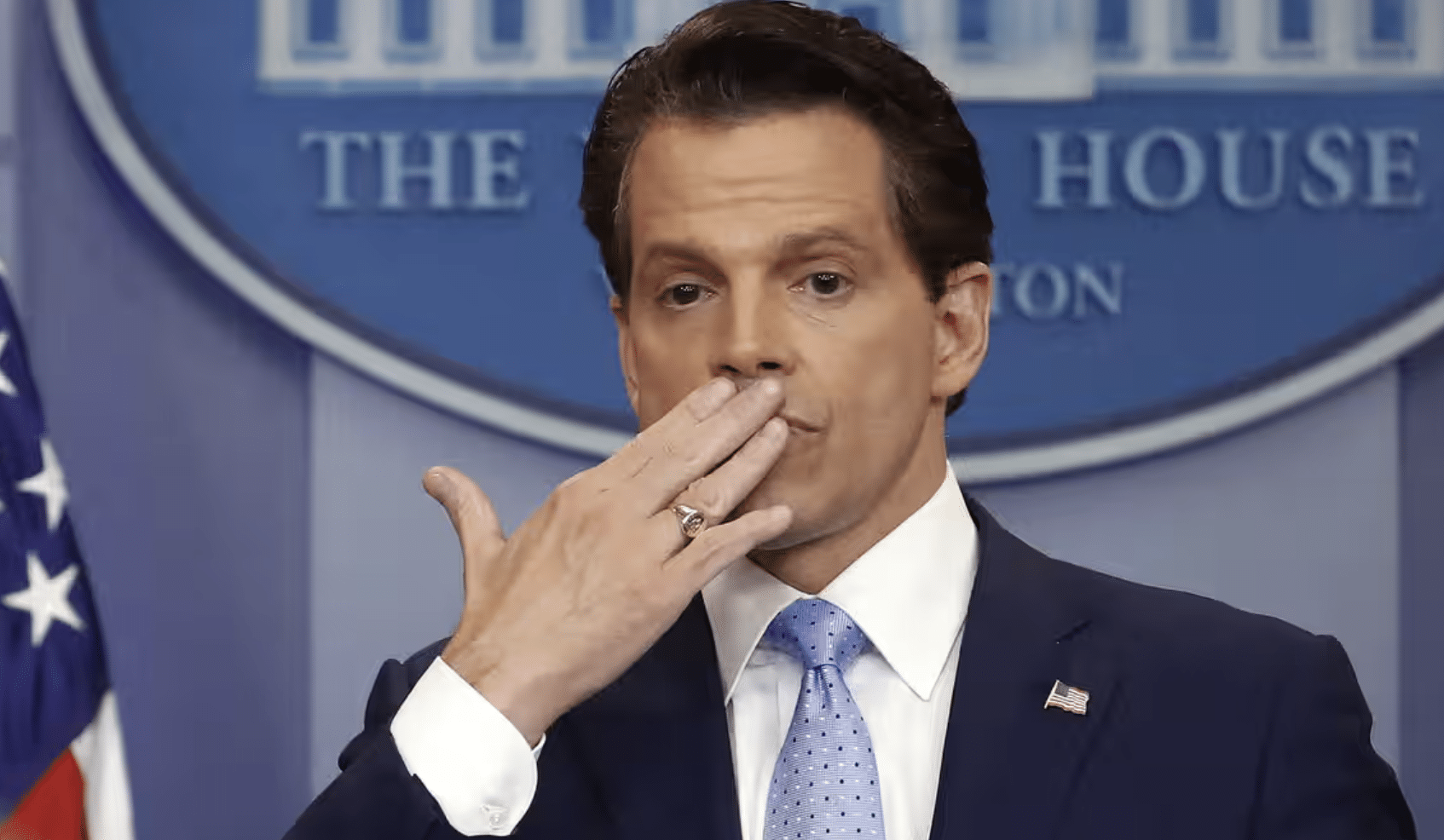Though the Olympic Games came to a close Friday, for some brand sponsors the real party doesn’t get started until the end of the month, when the Paralympic Games commence.
Digiday spoke with three advertisers that favor the Paralympics as a means of reaching considerable TV audiences, burnishing their purpose marketing credentials and maximizing B2B hospitality opportunities.
Citibank, for example, has made the Paralympics the focal point of its Olympic sponsorship efforts since 2020. Tina Davis, managing director of global sponsorships and marketing, said the decision has enabled the bank to cut through in a way that would be difficult amid the crowd of consumer brands attempting to reach audiences at the earlier Olympic Games.
“It was an opportunity for us to take a lane that we carve out for ourselves in the Olympic and Paralympic movement,” she said.
The Paralympics draw a smaller share of viewers than the Olympics (for the Tokyo games the most-watched Paralympics telecast reached 14.1 million American viewers, versus 19.5 million for the most-watched Olympic telecast, according to NBCU), but they’re still a major TV event.
In the U.S., NBCU said in July that it had already pulled in over $1.25 billion in advertising revenue across the Olympic and Paralympic Games — higher than its total revenue for the full run at 2021 Tokyo — though it hasn’t released figures breaking down the proportion of ad revenue coming from Paralympics coverage.
U.K. broadcaster Channel 4, which has carried Paralympic TV rights since 2012 (and which, in contrast to Britain’s main public service broadcaster the BBC, sells ads), changed the way it packages up its 1,300 hours of linear, YouTube and streaming on demand (SVoD) coverage.
To match the increase in hours broadcast — triple the amount of coverage it offered in 2012 — the broadcaster has changed the way it sells brand sponsorships around the Paralympics, offering “gold”, “silver, and “bronze” products rather than the single product it previously had in the market. The network will run bespoke idents created for chief partners Allianz and Toyota that incorporate audio description, British Sign Language and subtitling. According to Rupinder Downie, content solutions leader at Channel 4: “Everything we’ve been doing in Channel 4 Sales ahead of the Paris 2024 Paralympic Games is about boosting positive attitudes to disability among our partners.”
According to a Channel 4 spokesperson, the broadcaster has already sold 16 of those brand sponsorship packages, compared to 7 sold during the Tokyo games. Though they declined to share pricing or sales figures, the spokesperson said sales were higher than at Tokyo.
Citibank initially took a broad approach to the Olympics — sponsoring Team U.S.A. since 2012 — before focusing more closely on the Paralympics from 2020 onwards.
Davis said the move has helped anchor internal and external marketing aims. “Not only does it do well in terms of garnishing reputation and goodwill towards our brand, it’s an incredible platform for colleague engagement, and it also is an opportunity for us to put our muscle around our mission and value proposition, which is enabling growth and progress in the communities we serve,” she said.
According to Davis, who did not share precise spending figures, the bank has held its media spend “steady as she goes” at this year’s Olympics, focusing primarily on TV spending.
“The bulk of our buy is on NBC and all of their platforms, because that’s where people are leaning in the most. We surround that with out-of-home in the U.S. and U.K. We also leverage financial newsprint and digital high impact placements,” she explained.
Another advertiser taking advantage of the large TV audiences expected for the Paralympics is Deloitte. It’s been running a TV spot on U.S. linear TV and Peacock highlighting pioneering athletes at the Olympic and Paralympic games, as well as on the IOC’s own social and digital channels.
“The Paralympics are very important to us,” said Suzanne Kounkel, global chief marketing officer and CMO of Deloitte U.S. As well as an awareness play, Deloitte has captured a secondary benefit; the later date of the Paralympics (which run August 28th to September 8th) mean it’ll be able to wine and dine clients for another two weeks in Paris, at its “Maison Deloitte” base on the Champs-Élysées.
Of course, TV isn’t the only channel advertisers are using. For some advertisers, the high cost of their Olympic partnership combined with viewers’ shifting media habits mean digital and social channels are better destinations for their dollars.
Bridgestone’s approach, for example, is “less about that broad TVC approach” instead favoring a focus on YouTube, Instagram, LinkedIn and X, according to Caitlin Ranson, senior manager of partnerships marketing at Bridgestone Americas, who did not share a media budget breakdown.
Though it’s sponsored the Olympics since 2014, and the Paralympics since 2018, like Citi the company shifted its attention primarily to the Paralympics after the last games in Tokyo, part of a wider review of the company’s sponsorship strategy in recent years.
The tire manufacturer decided not to renew its Winter Classic NHL sponsorship in 2021, and a league-wide partnership with the NFL in 2022, though it still maintains partnership deals with several NFL teams and the Nashville Predators hockey team.
But it’s doubled down on the Paralympics, shifting the media spend it allotted for the Olympics as a whole into digital and paid social around the parasport event (Ranson didn’t share specific budget details), as a more “strategic” approach, according to Ranson.
It’s Olympic influencer roster now features only Paralympic athletes, including several competing in disciplines that require equipment, such as wheelchairs or running blades, that Bridgestone can link its research and development expertise to.
A recent content series, for example, showed Team U.S.A. athlete Aaron Pike testing new rubber hand rims and gloves with Bridgestone engineers. “We were able to discover a lot of opportunities with our expertise in the tire and rubber space to be able to support them within their equipment,” said Ranson.
https://digiday.com/?p=552172




